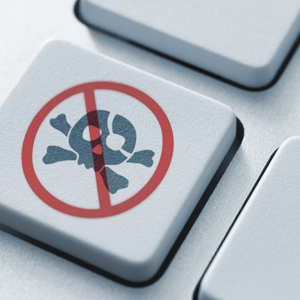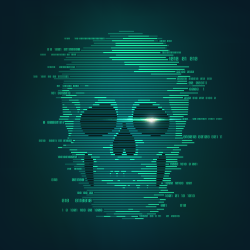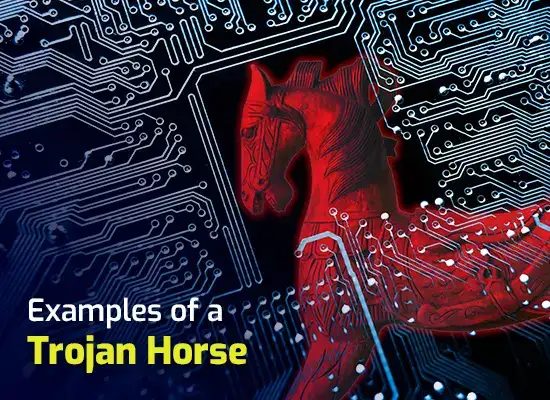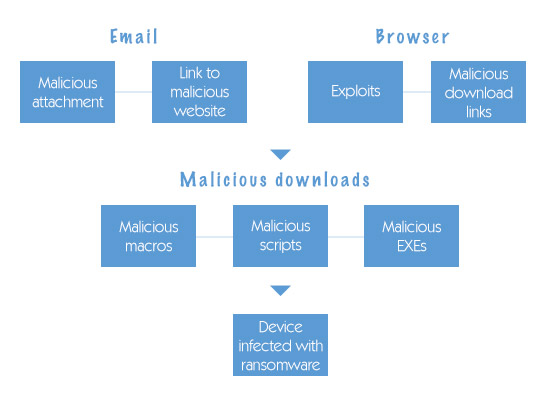7 COMMON THREATS FOR YOUR FREE MALWARE DETECTOR
Deploying a free malware detector to your system is becoming the norm to everyone. It is because cyber threats are continuously growing in complexity and the kind of damage they inflict. If you are not properly protected, there is a big possibility that your system might get infected and face a more serious problem because of these threats.
As the threats continuously updating, your protection should also increase. Since every day there is new malware are being discovered, your antivirus and free malware detector must also be renewed.
Each new threat possesses different traits and behaviors. The severity of the problem would depend on what type of malware attacks the system. But whether the malware is deadly or not, it is important that your system should have a strong free malware detector to ensure that your system is free from any strains of malware.
Below, we will identify eight of the most common threats you might encounter over the internet. And, this will prove that you need a good antivirus system and a free malware detector.

Types Of Malware
Here are the common types of malware that you should avoid or you should be ready for any possible attack. Most of these malware threats are capable of doing a variety of malicious actions and could have multiple strains.
Andromeda
Andromeda is a type of malware that your free malware detector should be able to identify. Andromeda is a type of malware that is modularized and it is often used to install other malware on your system. It could also be used to steal credentials from an infected device and undertake other malicious activities.
Conficker
Conficker is a type of malware that your free malware detector should be able to identify. Conficker can disable important services on your computer system, making it more vulnerable to further compromise. If your computer system is infected with Conficker, it is very likely to have other malware infections of a more serious nature.
Generic Bot
Generic Bot is a type of malware that your free malware detector should be able to identify. It is a detection name for Trojans that allow the other threats to add the affected system to a botnet. If the computer system is infected with this malware, the machine can also be infected with additional malware.
Marcher
Marcher is a type of malware that your free malware detector should be able to identify. This type of malware are can be most seen in Android devices and could compromise the whole device including the applications inside it. These applications are capable of stealing banking and other financial credentials by substituting genuine authentication fields within banking apps on the specific Android device with its own fake fields. These credentials are often sent to cybercriminals. Marcher malware is usually installed through software obtained from untrusted sources.
Mirai
Mirai is a type of malware that your free malware detector should be able to identify. Mirai is a type of trojan that targets the Internet of Things devices, which includes routers, webcams, printers, and digital video recorders. These devices are open to the internet and may possibly use weak default passwords. Once a device is infected by this malware, it can be used for many tasks, including Distributed Denial of Service attacks.
NjRat
NjRat is a type of malware that your free malware detector should be able to identify. NjRat is a type of malware that enables the control of an infected device. It can log keystrokes, download, and execute files, provide remote desktop access, steal application credentials and access the infected devices’ camera and mic. This malware is very tricky, it could also copy itself to the device and spread the infections to other devices.
Ramnit
Ramnit is a type of malware that your free malware detector should be able to identify. Ramnit is a type of malware that is known to crack firewalls and other detection mechanisms by injecting itself into running processes. It has the capability of modifying the registry to ensure it starts properly when booting.
How to Protect Yourself
The appropriate action to make in disinfecting the malware including the restoration of the system will depend on what type of malware has entered your system. You should also take note of the operating system version and the version of all active programs. The better way of protecting your system is to have a strong and robust free malware detector like the Xcitium Antivirus that is capable of detecting and deleting the most common threats you can encounter on the internet. Download a free copy today!




